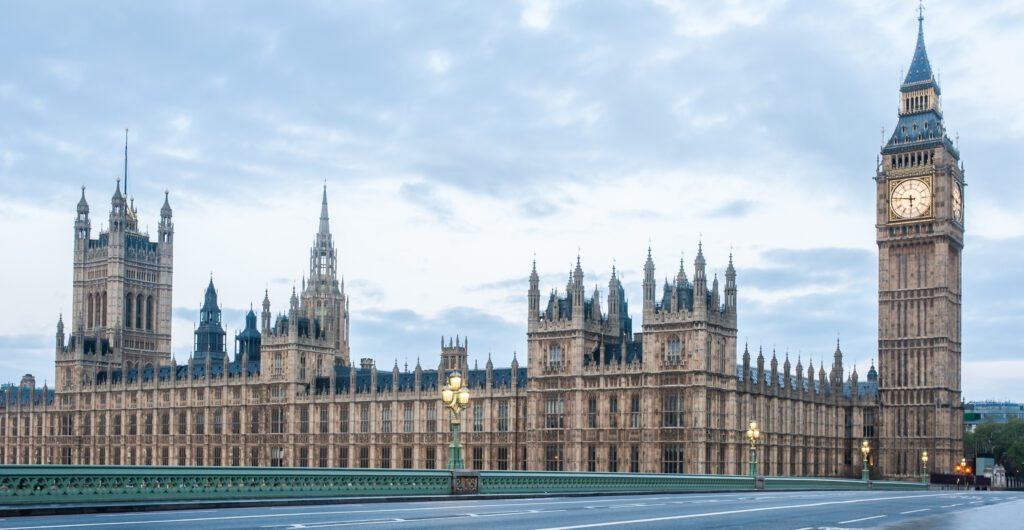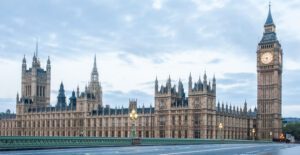The Terrorism (Protection of Premises) Bill, known as Martyn’s Law, was debated, then passed its second reading in the House of Commons on 14th October. This Bill will now be undergoing parliamentary scrutiny in its committee stage.
As previously reported, the law will require public venues to improve their preparedness against terrorist attacks and bring in measures to help keep people safe. The Security Industry Authority (SIA) will become the regulator responsible for enforcement of the law and receive extra government funding for this role.
The development of the Bill and passage through Parliament follows campaigning by Figen Murray OBE, the mother of Martyn Hett who was one of 22 people murdered in the Manchester Arena terrorist attack in 2017. Her campaign gained widespread support, including from prominent figures in the security industry. The previous government had begun the development of the legislation. Figen was in the public gallery to watch the debate in the Commons.
Home Secretary, Yvette Cooper, speaking in the debate said: “The Bill has the wholehearted support of the Prime Minister, the Leader of the Opposition and, I hope, the whole House.
“The first responsibility of any Government is to keep the public safe. That is, and will always be, our No. 1 priority. We will not let terrorists or extremists destroy or distort our way of life. That is why Labour committed in our manifesto to strengthening the security of public events and venues, why the Prime Minister made a commitment to Figen Murray and why we have moved at speed to introduce the Bill in a matter of weeks after the general election. Earlier work was done on the Bill under the last Government and I am glad to say that it has cross-party support—I hope that, when it comes to security matters, the House will always be prepared to come together.”
Requirements for standard tier premises apply to locations with a capacity of more than 200 people but under 800. These venues will be asked to undertake activities to put in place procedures to reduce harm to the public in the event of an attack. These include training staff to lock doors, close shutters and identifying a safe route to cover. The enhanced tier will apply to premises and events with a capacity of more than 800 individuals. These venues will need to put in place measures such as CCTV or hiring security staff.
MPs of all political parties expressed support for the Bill however there were some concerns about burdens on smaller venues and on the live music sector as well as the preparedness of the SIA to take on its new responsibilities.
Connor Rand, Labour MP for Altrincham and Sale West, speaking in favour of the Bill said: “The Manchester Arena inquiry carried out by Sir John Saunders found multiple missed opportunities for detecting and stopping the bomber, or, at the very least, minimising the number of casualties that he was able to inflict. Sir John spoke of serious shortcomings from the operators of the arena, the company tasked with the concert security and the British Transport Police, including a lack of preparedness and a lack of communication between security employees regarding suspicious behaviour. That contributed to the attacker being able to do covert reconnaissance on the arena undetected and find a CCTV blind spot.
Underpinning those missed opportunities was a failure to treat the terror threat with the severity it deserved. At that point, the terror threat facing the country was classed as severe, but now it is classed as substantial, with an attack sadly likely.”
Following the second reading of Martyn’s Law in the House of Commons the Public Bill Committee has called for those with a special interest in or relevant experience in relation to the Bill to provide written evidence. The Committee will sit to consider the Bill at the end of the month and report by 19th November.
We are committed to supporting organisations prepare for the implementation of Martyn’s Law now it is going through Parliament. Some of the steps needed may not be as onerous as some believe if organisations combine better staff training and communication with the use of advanced technology.
As an established designer and installer of advanced security systems we would be delighted to talk through the options available to help provide better protection for staff and customers within a venue. Please contact us to find out more.



